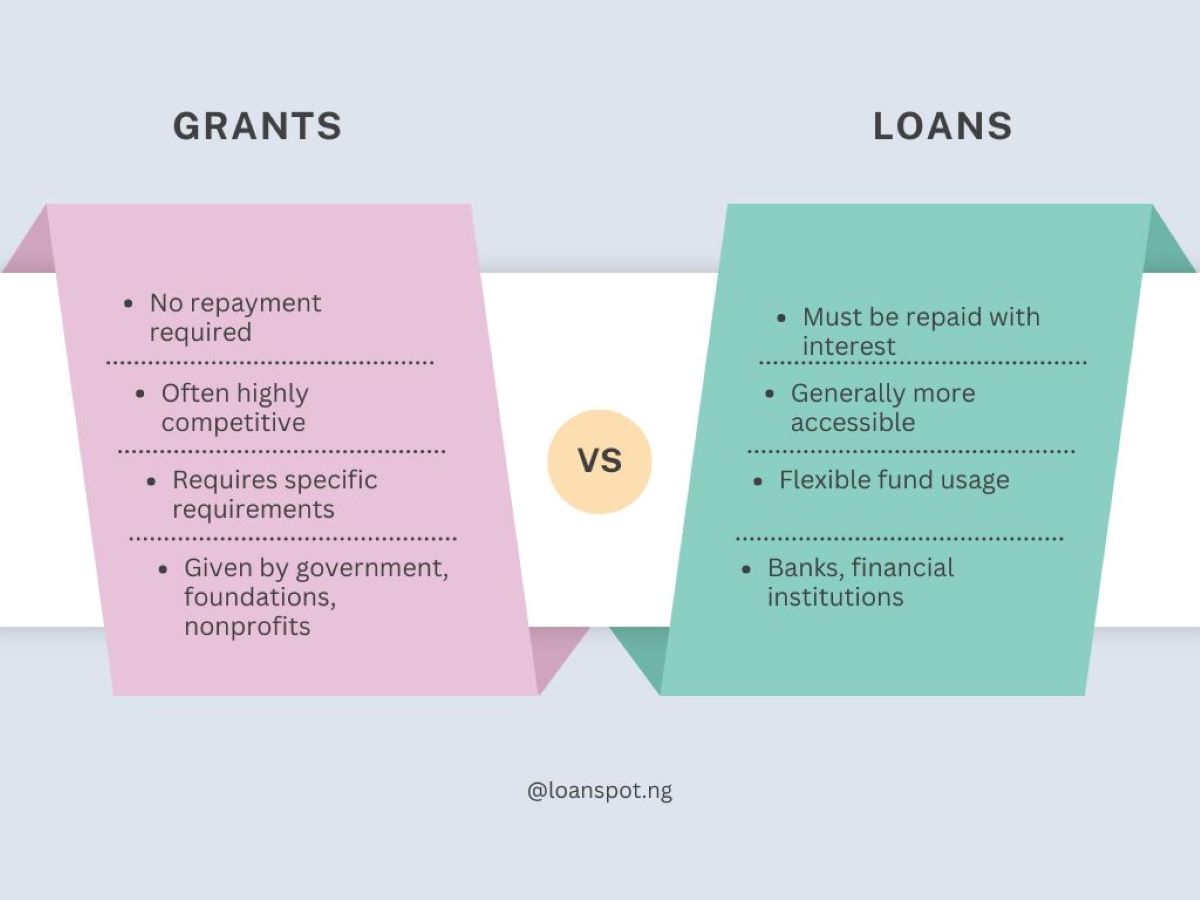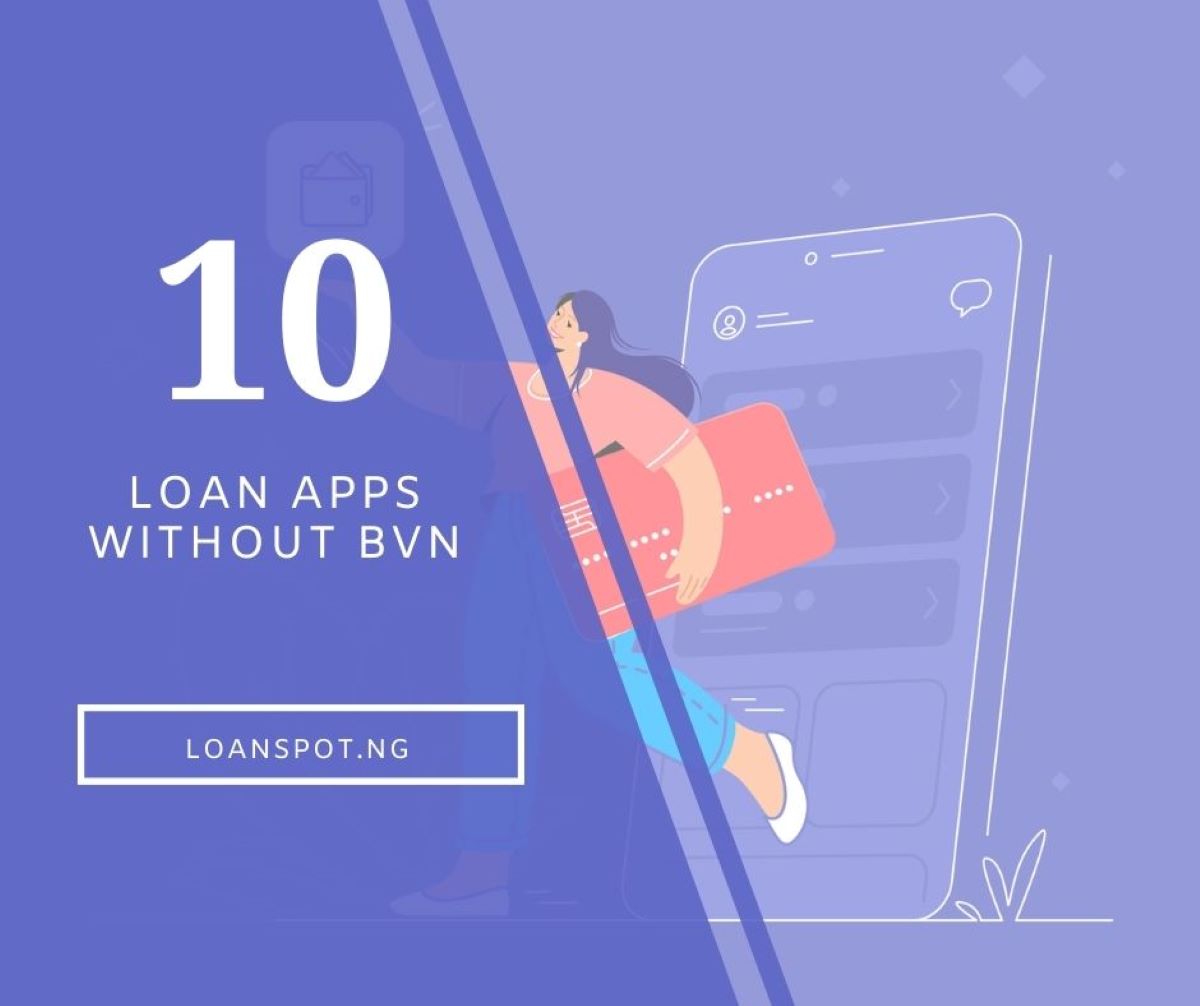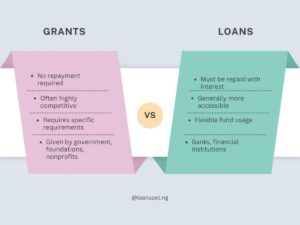Compound interest is a major component of wealth-building and on the other hand, it can also be a major factor in ruining your finances. Basically, it all depends on if you are investing or borrowing. If you are investing, compounding your interest will lead to high returns. On the other hand, paying this type of interest on debt can wreck your finances. Hence, it is very important to understand how this type of interest works so that you will not make mistakes that will ruin your finances.

What Is Compound Interest?
Generally, interest is a percentage earned by or charged on a lump sum of money. Compound interest is a type of interest that is added to the original principal and the accumulated interest over time. Basically, your principal is the initial amount you invested (or borrowed), while your interest is the money earned or charged on it.
For example, if you have ₦100 in a savings account (your principal), and it accumulates interest at a 10% rate, compounded annually. At the end of your first saving year, you would have ₦110 (₦100 in principal + ₦10 in interest). When your second saving year ends, you would have earned ₦121 (110 in principal + 11 in interest). At the end of your third savings year, you would have ₦133.10 (121 in principal + 12.10 in interest). Basically, this is how your principal amount accumulated compound interest over time.
With this kind of interest, you receive additional interest on the interest you earned previously. Hence, compounding interest makes your principal grow exponentially. This indicates that as your principal earns interest and becomes bigger, the rate of growth gets faster.
How fast your money grows largely depends on the interest rate on your principal and the regularity of compounding. Interest can be compounded on a daily or monthly basis. Also, it can be compounded quarterly or annually.
Get a loan up to N100,000 at the best affordable rates in Nigeria
Did you know that you can now you can compare interest rates from different lenders with our loan simulator and get the best deal? Making an informed loan decision requires comparing different loan offers before making a commitment. Through our simulator, you can see at a glance, loan offers coming from different lenders in less than 5 minutes, so you can make the right decision regarding your financing. Try it today
What Are The Types of Compound Interest?
Generally, there are two types of compound interest. They include:
1. Periodic Compounding
In periodic compounding, your interest rate is added at intervals and generated. Thereafter, this interest accumulated is added to your principal amount. Periods here mean weekly, monthly, annually, or bi-annually.
2. Continuous Compounding
This continuous compounding method makes use of a natural log-based formula and sums up interest at the smallest possible interval. This interest is then added to the principal amount.
What Is The Difference Between Compound Interest and Simple Interest?
Compound interest is the interest you receive on the previous interest your principal amount accumulated. In simple terms, it is the “interest on interest” and it is calculated on both your principal amount and its interest. On the other hand, simple interest is the interest you get on your principal amount. This means that simple interest is calculated just on the initial principal balance.
How Can I Calculate Compound Interest?
To calculate this interest, you need the formula. The compound interest formula is:
[P (1 + i)n] – P = P [(1 + i)n – 1]Where:
P = principal
n = number of compounding periods
i = nominal annual interest rate in terms of percentage
Bottom line
Compound interest can work for you or against you based on if you are borrowing or investing money. Fortunately, it is easy to know if the compounded interest on a loan will hurt your finances based on the amount and frequency. In all you do, just ensure that you think about the terms of a loan thoroughly before borrowing.
You can obtain a comprehensive loan, tailored to your specific needs by using this platform. Basically, it allows you to compare loans from different lenders across Africa, ensuring the best option doesn’t slip through







